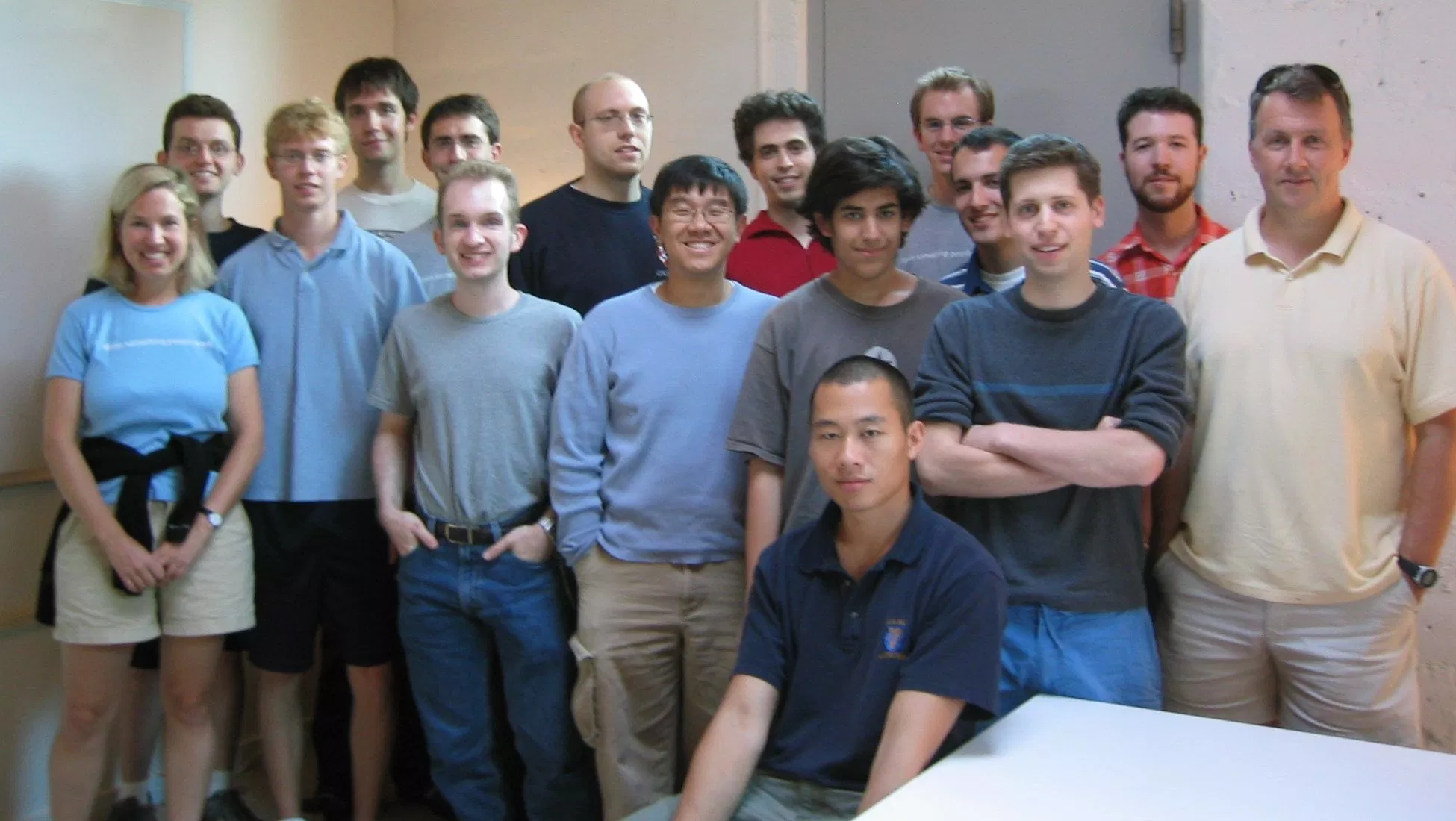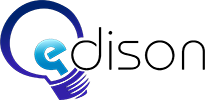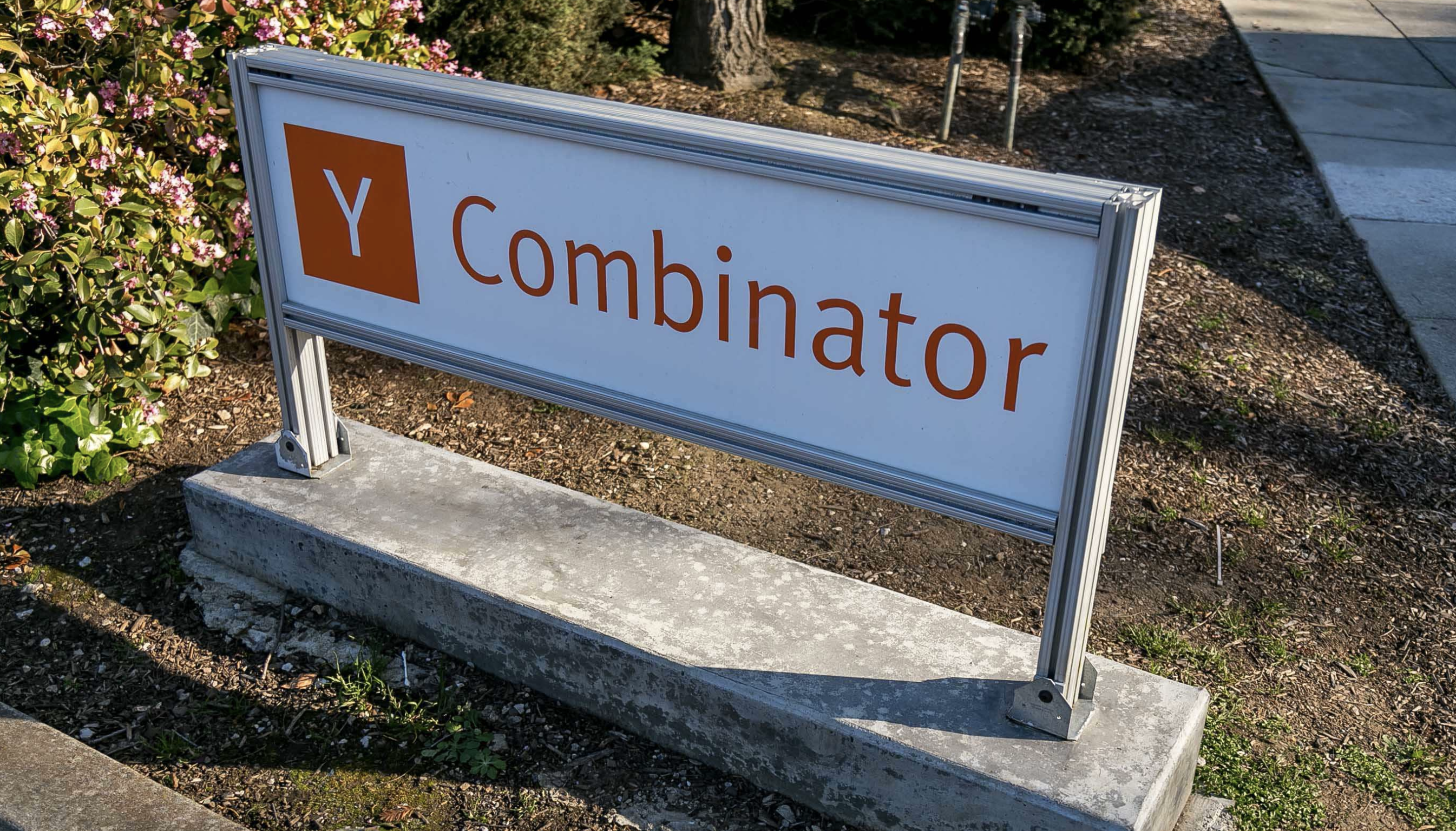
One of the first YC kits.
When I was preparing for the 2018 winter class interview, I reviewed all available sources on the topic and conducted about 20 practical interviews with YCombinator alumni. Below is gathered together everything that I learned. This guide is my personal vision and does not represent the official position of YC.
Along with this guide, you can also read and use our answers to questions asked during interviews at YC. To get more help, join the chat community of startups that are served at YC.
Elaboration of answers
Document with answers. The basis of the preparation process is writing a document with all the expected questions and your answers to them. Start with the points below, then expand the document by adding answers to new questions that were asked in practical interviews.
Introductory Description
- The first sentence for an interview is either a description of the decision or a declaration of values. It should be 4-8 words long and pass the “Mom Test”, that is, it should be such that your parents can repeat it after you.
Strengths
- Identify 3 main strengths in advance. Lead the conversation in such a way as to cover them all, sometimes even regardless of the questions.
- Varieties of strengths: profitability / growth / chance of take-off, expertise in the subject area / you did it before, moments of sudden insight, market size.
- Try repeating or rephrasing your three best points if you are not sure if they were successful the first time.
- Check your strengths: will someone be delighted with your company if they just hear a one-line description and three strengths?
Insights
- It can be jokes, quotes or facts that cause reactions in the spirit of “A-ha” or “Hmm ... interesting” during your test runs.
Protection
- Know your 2-3 key issues and prepare short and clear answers to questions about them.
- If you cannot answer the question by translating the topic to a strong point or insight, limit yourself to one sentence. You need to use maximum time to discuss strengths, not secondary issues. If you switched to the second sentence, then it should refer to a strong side or insight.

This article was translated with the support of EDISON Software, a company that develops applications and sites , and also invests in startups .

How to write strong answers
- Use a large number of facts and numbers. Your answer documents must contain at least 20-30 answers with numbers.
- Remove verbs from answers wherever possible. Example: “How are you going to enter the market?” - “First A, then B, then C”.
- Use simple words and examples, avoid smart words or abstract concepts
- If you have questions about weaknesses, acknowledge them or defend them in one sentence, and then return to your strengths.
- Use examples and facts instead of far-reaching plans. “Earlier we solved this problem with the help of X and got the result Y”.
- Explain the consequences: “If we achieve X (difficult but possible technical achievement), then we will get Y (significant business success)”
- Whenever possible, use primary customer data instead of analogies. As a rule, YCombinator does not consider arguments based on comparisons reliable or strong.
- Avoid a downward estimate of market size. Use upward or comparable ratings.
- “Sell your co-founder”, be prepared to tell why your partner is cool.
Training
Schedule at least 10-20 test runs. Follow us on Twitter to familiar investors and founders, YC graduates from your city / country / university, YC graduates in your industry with a similar business model, or those conducting practical interviews as volunteers. You do not need an introduction. Ask in advance, 7-10 days before the day of the interview.
Take notes and rewrite the answers after each workout. Interview each interviewer. Ask which answers were strong and understandable, and which did not. Discuss how to improve your personal answers. Repeat work on strengths, unique insights / jokes and defensive responses.
In addition, check out YC's “office hours” (links below) to get a feel for the YC interview format.
Interview day
Logistics and expectations
- Come in advance, find your room and find out who is in the group of specialists, and in the remaining time, study their partners. Make new acquaintances with other job seekers.
- Make sure that everything you need for the demonstration is ready on your laptop, and all important screens are open in several tabs. Do not rely on WiFi in YC.
- Consider that YC partners do not have any prior knowledge.
- See your partner’s biography in advance, find those who can become your supporters because of their personal interest in your area.
- From YC's point of view, the purpose of the interview is to extract as much information as possible in 10 minutes.
- At least one of YC's partners will monitor body language and non-verbal signals.
- Expect from 40 to 80 questions in 10 minutes, 8-12 seconds per question and answer.
- Be prepared for the fact that they will constantly interrupt you (even after 2-3 words of answer).
- Be prepared for unique questions that are not on your list.
- Be prepared for an interview with several co-founders at the same time (conducted infrequently).
- Be prepared to scrutinize one issue, most likely related to your biggest weakness.
During the interview
- Speak fast, but not too fast.
- Feel a happy, energetic and enthusiastic prospect to take this opportunity.
- Be calm and friendly, maintain eye contact.
- Be sure, but modest. Confidently and briefly = impressive.
- A few weak answers are fine. A long, weak answer is much worse than a short confession of “I don't know” or “We plan to work on it.”
- Do not go too far in defense, show that you are ready to learn.
- Consider repeating or rephrasing your three main points if they were not well received right away.
- Most answers should consist of one sentence, some may consist of two. Limit yourself to 2-3 long answers to all interviews.
- Do not interrupt each other, do not argue in case of unexpected questions. Instead, say “Yes, and also ...” or “And I will add that ...” to continue the phrase of your co-founder.
- If you do not agree with the affirmation of the YC partner, either provide a counterargument or accept it as a hypothesis for verification.
- Do not change the subject too directly. Answer the question asked before changing direction.
- If you bring critical hypotheses to your business, be prepared to fight back with clear protection and facts.
- When the conversation goes in the wrong direction, try to return to your strengths, for example, “And I want to make sure that you hear that ...”.
Expected YC Evaluation Criteria
- An interesting problem. Ideally unique or new. Otherwise, a new understanding of it or a new approach.
- Convincing declaration of values.
- Clear and concise description of the solution.
- A clear description of how the complex parts of the solution should work.
- Inspirational Mission.
- Market size and dynamics. A small but rapidly growing market is always attractive.
- Substantive ideas for overcoming market challenges.
- Awakening of “the intuition of Spider-Man ”, for example, the sensation “Hmm, something interesting should happen in this area.”
- A team with deep experience and domain knowledge.
- Strong communication skills: clear, short, understandable answers.
- Knowledge of the competitive environment.
- Reasonably fast pace of progress. Energy and resourcefulness, focus on bringing matters to the end.
- Learning, the ability to constructively perceive feedback. Decisiveness and flexibility.
- Original thinking and learning ability. Non-standard points of view and ideas directly from customers.
- Positive team dynamics, lack of hitches and disputes, similar views. Low probability of conflict of founders.
- Good English and easy to understand accent. Lack of language barriers to communication.
- The ability to inspire and recruit a star team. Make your YC partners want to work for us, it can grow into a significant impact.
- A direct way to increase the scope by the end of the YC program, the opportunity to suffer a “hot deal”.
- A direct path to achieving high incomes in 2-3 years, good growth.
Y Combinator Interview Resources
Official resources: list of partners , training tips , videos with training tips , old tips , 7 points by Michael Zeibel .
Tips from alumni: thread on Quora , Quindla Haltman Kramer , Henrik Zilmer , Tristan Zir , Barack Ben Ezer , Scott Wheeler , David Rusenko , Sumon Sadhu , Robbie Walker , Natalie Bartlett , Fabrizio Buseto , GetAccept , Gareth MacLeod .
Question books : PG Simulator , Aptible , Brad Flora , TechCrunch , QZ .
Public office hours: SS 2011 , SS 2013 , SS 2014 , SS 2014 NYC , TNW 2014 , SS 2016 , SS 2016 , SC17–1 , SC17–2 , SC17–3 .
Acknowledgments
I am forever grateful to those who helped us on our journey: Hrachik Adjamyan, Daniel Akhmadizade, Andrew Arruda, Delian Asparuhov, Chas Balleu, Kirill Belov, Eva Breitenbach, Matt Brezina, Tom Broderick, Levon Brutyan, Jeremy Kai, Dan Carroll, Dan Carroll , Nick DeMonner, Dmitry Farulliv, Dmitry Jim Gibbs, Anton Gladkoborodov, Allan Grant, Vlad Gurgov, Chetan Javeri, Ryan Johnson, Dave Kim, Alexander Kim, Quindla Hultman Kramer, Sam Lang, Clarence Lun, Bowen Lou, Max Musing, Ivan Novikov , Thomas Poon, Roberto Riccio, Ven Sang, Boris Silver, Preston Silverma Mr. Zack Townsend, Brett Van Süyden, James Vaughan, Pravin Venkatesan, Tracy Young, Diana Zink.
Good luck
For more tips, join the YCombinator startup community chat . I often go there to help with any training questions you may have.